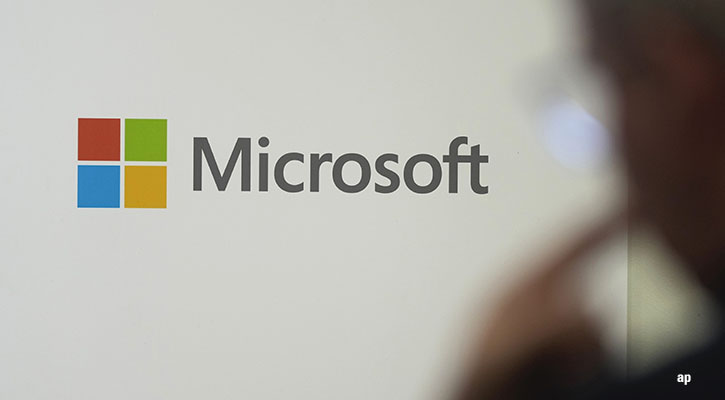
For most people, it’s hard to imagine having a spare £40,000 knocking about to put into a pension during a single 12-month period.
Nonetheless, the generous rules for pension contributions allow you to contribute up to £40,000 gross (or 100% of your annual income each tax year if you earn less than £40,000), including contributions from your employer, and receive relief on the whole lot at the highest tax rate you pay (known as your marginal rate).
That means if you’re a basic rate taxpayer, you can pay in up to £32,000 a year and it will be topped up to £40,000 by the government. If you’re a higher-rate taxpayer, you can reclaim a further 20% of your contribution through your tax return.
There’s nothing to stop you putting more than that into your pension if you want to, but there will be a penalty charge that effectively cancels out the tax relief on your contribution. However, if you didn’t use all of your annual allowance in any of the previous three tax years, you may be able to bring that forward to increase what you can save in the current year and avoid the penalty charge.
In reality, most of us are unlikely ever to breach the £40,000 limit. But it would be a mistake to dismiss the annual contribution limit as irrelevant.
What is the MPAA?
If you have a defined contribution or DC pension, then after you reach the age 55 it’s possible to start drawing cash out of your pension pot. If these withdrawals include money classified as “income” – in other words, not just the 25% tax-free cash portion of the pension – something called the Money Purchase Annual Allowance (MPAA) kicks in.
Thereafter, if you want to contribute to that or any other pension, you will only be able to pay in a maximum of £4,000 (gross of basic rate tax) each tax year, rather than £40,000. Additionally, you will not be able to utilise the unused portion of previous years’ allowances to boost the tax relief you have available.
The MPAA is triggered in a range of circumstances:
- If you cash in your whole pension pot and it is worth more than £10,000
- If you start taking one-off taxable lump sums from it (known as uncrystallised pension funds lump sums or UFPLS)
- If you move your fund into a drawdown account and start taking a regular income from it
- If you buy an investment-linked annuity where the income generated could fal
For people who are ready and able to retire fully, the lower annual contribution limit is not generally an issue, as you will be drawing an income from your pension from then on, rather than paying more in
How Does the MPAA Affect You?
But lots of people dip into their pots before retirement, perhaps to help family or see themselves through a period of unemployment. They may well intend to rebuild their pension in due course when their financial situation improves.
For them, the reduced annual contribution limit could seriously impact the chance of a decent retirement income further down the line, so it’s important to think about if you’re considering accessing your pension in such a situation.
The MPAA is a particular problem in the current pandemic, says Kate Smith, head of pensions at Aegon: “People may decide to access their DC pension earlier than they originally intended because they lost their job or their earnings are severely cut, perhaps because they’ve been furloughed. For some people, accessing a pension may be the only option to provide an income.
“The trouble is that triggering the MPAA could severely affect your ability to rebuild a pension and get your retirement savings back on track after the coronavirus crisis, once you’re back in work.”
As well as being unable to contribute what you had intended from your salary, people in this situation “may be unable to receive the full employer pension contributions without an additional tax charge, impacting their remuneration package”, adds Smith. This means having to work and save for longer to rebuild that pension pot.
In practical terms, after triggering the MPAA you can pay into a pension a maximum of £4,000 a year or £333 a month, before tax and including employer contributions, at a time when you might have hoped to pull out all the stops to boost your pot prior to retirement. Exceed that limit and you’ll face the penalty charge.
How to Avoid the MPAA
Importantly, it is possible to access your pension pot in certain ways without the MPAA kicking in.
It should not, for example, be triggered if you take only the tax-free 25% lump sum out of your pension and use that to buy an annuity. It should also not be triggered if you move the pension into a drawdown account and only take the 25% tax-free element as cash but leave the taxable balance invested. You can also cash in small pension pots worth less than £10,000 without impact.
Bear in mind, too, that the MPAA applies only to DC pension schemes, and not to defined benefit or DB (final salary) schemes. That means you could draw a DB pension without affecting the £40,000 annual contribution limit on any DC pensions you may have.
Finally, if you’re thinking about taking a flexible income from your DC pension, it would make sense to ensure you’ve contributed as much as you can for the current tax year (up to £40,000) beforehand, as accessing your pension will immediately trigger the MPAA going forward.

























